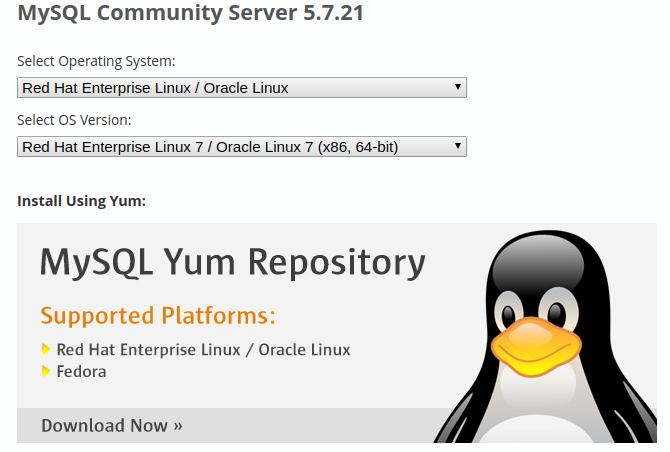
In RHEL 8, dnf localinstall is simply an alias for dnf install. In RHEL 6 and later, yum install accepts both package names and local filenames, so localinstall is no longer necesary, but it’s included for backward compatibility. What is the difference between yum install and yum Localinstall? More recent verbiage suggests using install instead of localinstall, but it’s up to you. Normally, yum looks to your enabled software repositories for new software packages to install. Install RPM File with Yum Alternately, you can use the yum package manager to install.

Yum localinstall package_name – yum searches the package in the working directory of terminal ( which is your /home by default ) and solves the dependencies and downloads dependencies and install them. To install the package, enter the following command at the prompt: rpm -i DeathStar0_42b.rpm.Download the package you wish to install.Log in as root, or use the su command to change to the root user at the workstation on which you want to install the software.This command will install the local rpm file as well as searching for required rpms (dependencies, etc) on RHN or other repositories that are configured and install it for the user. One needs to remove it for a real installation.Use the command yum localinstall /path/to/file. Whereas following would succeed: $ rpm -Uvh -test some-2.0.0.rpm Now, there are special cases, e.g., kernel where it will be installed on the system side-by-side with the old one, unless you manual invoked a rpm -Uvh kernel*.rpm command.Įquivalent command to the yum localinstall would be two-fold, # This will fail if some-2.0.0 is designed to obsolete some-1.0.0 yum resolves these dependencies whereas a rpm -ivh won't do it. This tells that yum is going to update the package and remove the old one.

> Package foo.x86_64 0:2.0.0 will be an update Looking at your some-package, if you would run yum localinstall some-package-2.0.0.rpm (note, not with -y), then you would see message from yum, something like this: Resolving Dependencies rpms packaged with foo-version-release.rpm gets obsoleted by the same package foo with version++ and/or release++. Answer is, it depends on how some-package is packaged.


 0 kommentar(er)
0 kommentar(er)
